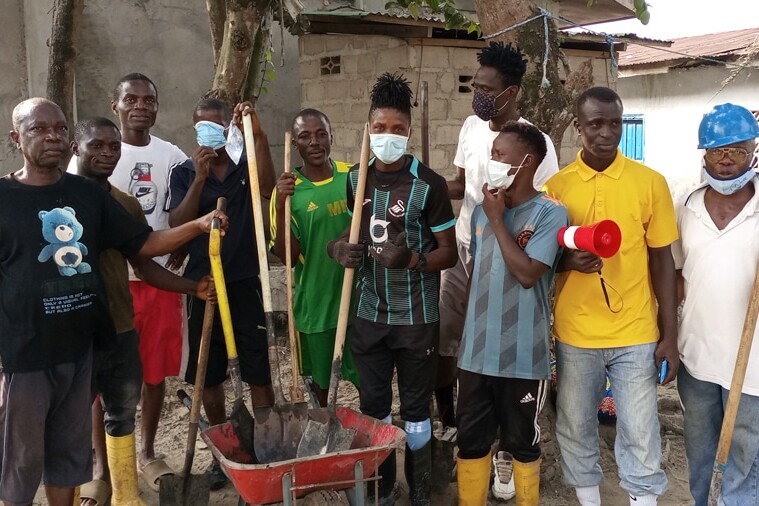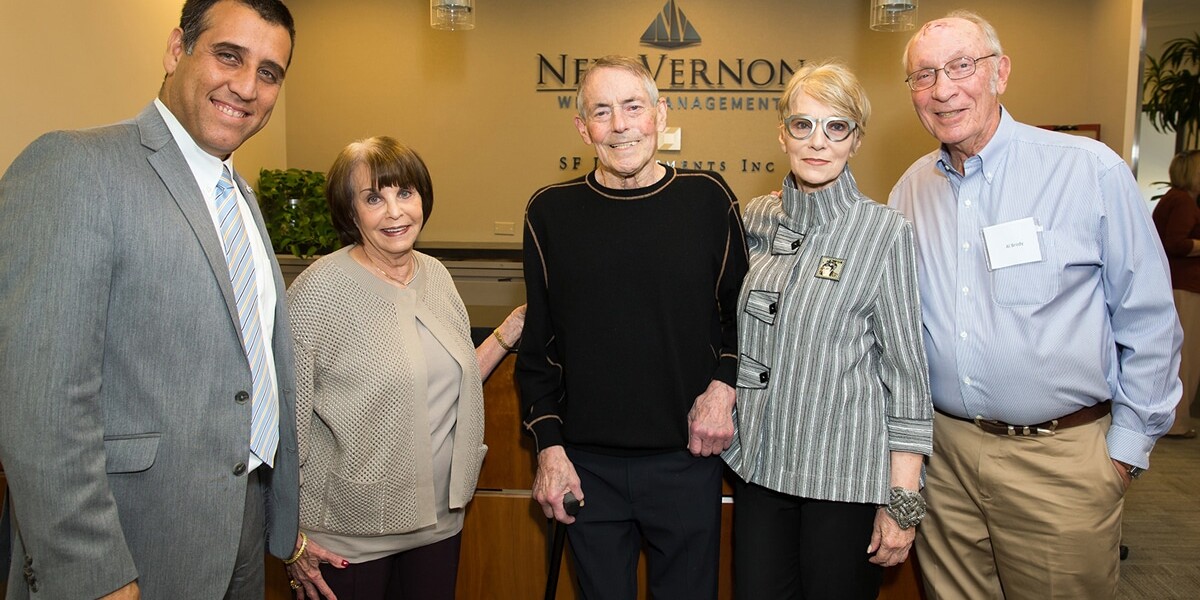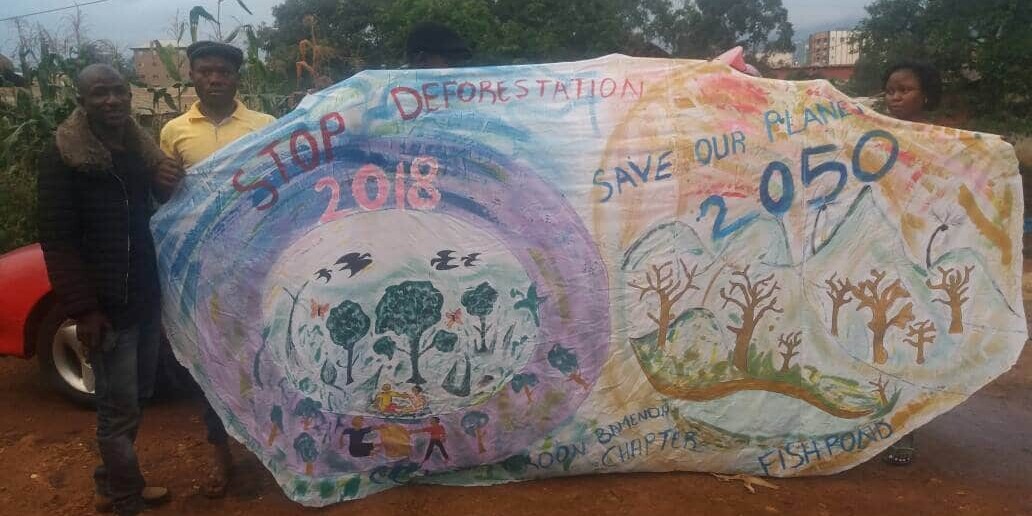By John Kamma, Global Fellow from Liberia
Whatever social innovation we are concerned with, our impact on the lives of the people we serve or work with matters. Implementing their good ideas is important to achieving our collective goal. And, this was the case with our intervention in the Glass Factory Community in Gardnersville, Liberia.

Glass Factory was an industrial zone before the Liberian civil war began in December 1989. Internally displaced persons and returnee refugees took advantage in the absence of the industry owners and settled there in droves, and after seeking Government permission were permitted to settle in the area as squatters. Resultantly, no one owns a land deed; instead the local authority apportioned the land temporarily amongst persons seeking occupation of it. Given this situation, more people got attracted to the land (as it is cheaper than living on a titled land deed) which has led to it becoming densely populated. This has put much pressure over the limited land space, and led to inappropriate management and disposal of waste into drainages, resulting in excessive pollution and health hazards.

With the funding received from the Collective Campaign, and to address these issues of pollution and its implication on the community’s health, on February 19 2022 we had a day of community cleaning, focusing on drainages in “Glass Factory”, with strong displays of support from the community. During the clean-up exercise, we spoke to the conscience of community residents, using a megaphone, about the health benefits of keeping the drainages clean and the importance of protecting them from getting clogged up, and how essential that is for the wellbeing of all residents.

The community appreciates our organization, the Citizens Bureau for Development and Productivity in Liberia, and our supporters for working with the community in such a meaningful and impactful way, that is heart touching. Community leaders and elders were so encouraged that they formed part of the cleanup team; choosing to be with the cleanup team in their neighborhood rather than doing nothing, they joined voluntarily. We are delighted the day’s clean-up went very well.

This endeavour implemented real community driven social change by using the Asset Based Community Development (ABCD) approach, which builds on local talents and skills, and recognizes that those experiencing a social problem are those who need tobe involved in the decision-making processes when devising solutions. In Glass Factory, following such conversations the community member identified that throwing plastic bags and waste in drainages creates clogging which results in increased pollution and mosquitoes, with the likelihood of people getting sick. In relation to the above, residents of Glass Factory community held a conversation to find a way forward in handling these social challenges and to attend to the community drainages. They were successfully able to maximize tools, including wheel-barrow, shovels, ricks, booths, etc for an effective clean up exercise.
The volunteers committed to turning up with their own tools and equipment, and gathered for a team meeting in which they discussed actions to be taken, to effectively work on community drainages that will promote residents’ health, sanitation and wellbeing. We, at the Citizens Bureau for Development and Productivity with the kind and good will gesture of our generous donors through the 2021 Goldin Global Fellow Collective Fund are addressing the social challenges posed with clog drainages by working with those close to the problem, supporting their aspirations to realize the community driven social change they so desire.

We are very grateful to #GATHER and the #GoldinInstitute for helping us 2021 Goldin Global Fellows to have acquired the skills and the resources to lead community driven social change. It is truly exciting to see this learning into practice.



